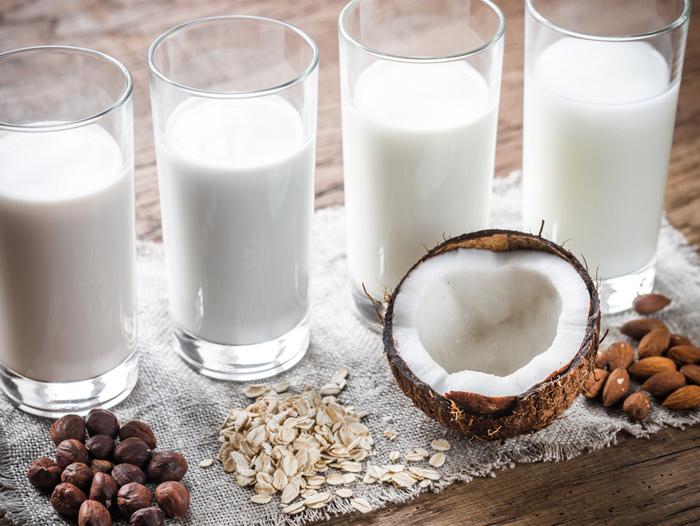IDFA Statement on the FDA’s Draft Guidance on the ‘Labeling of Plant-Based Milk Alternatives and Voluntary Nutrient Statements’
February 22, 2023 | 2 min to read

WASHINGTON – Joseph Scimeca, PhD, senior vice president of regulatory and scientific affairs for the International Dairy Foods Association (IDFA), issued the following statement today on the U.S. Food and Drug Administration’s (FDA) draft guidance to industry on the “Labeling of Plant-Based Milk Alternatives and Voluntary Nutrient Statements: Guidance for Industry”:
“It is important that consumers are provided with accurate information about the nutrient profiles of plant-based alternatives so that they have science-based, accurate information to decide for themselves and their families about what’s best for their diet and nutritional needs, including how the nutrients in plant-based alternatives compare to the well-established nutrient package of cow’s milk. It has been IDFA’s consistent position that it is the responsibility of the FDA to ensure product names and claims made by manufacturers of plant-based products adhere to long-standing FDA food labeling policy that label statements must be truthful and not misleading to consumers. At the same time, it is incumbent on FDA to provide verification and enforcement of voluntary claims and statements to ensure consumers are receiving accurate nutritional information and can compare the nutritional values of plant-based alternatives to traditional cow’s milk products. As we continue to review today’s draft guidance to industry and begin to consider formal comments within the 60-day comment period, IDFA will seek to ensure this draft guidance clears up any longstanding confusion about the nutritional quality of plant-based beverages. It is incumbent on FDA to get this policy right. IDFA will closely review and question how the FDA plans to enforce this draft guidance to ensure information provided by companies to consumers is truthful and not misleading and enables consumers to compare the nutritional value of plant-based alternatives to their traditional cow’s milk counterparts. As FDA’s consumer research demonstrates, consumers lack clarity as to the nutritional differences of plant-based alternatives versus traditional dairy counterparts and the agency must promulgate guidance that not only adheres to its own standards of truthful and not misleading but also advances the nutrition security of Americans.”
# # #
The International Dairy Foods Association (IDFA), Washington, D.C., represents the nation’s dairy manufacturing and marketing industry, which supports more than 3.3 million jobs that generate $41.6 billion in direct wages and $753 billion in overall economic impact. IDFA’s diverse membership ranges from multinational organizations to single-plant companies, from dairy companies and cooperatives to food retailers and suppliers, all on the cutting edge of innovation and sustainable business practices. Together, they represent 90 percent of the milk, cheese, ice cream, yogurt and cultured products, and dairy ingredients produced and marketed in the United States and sold throughout the world. Delicious, safe and nutritious, dairy foods offer unparalleled health and consumer benefits to people of all ages.
